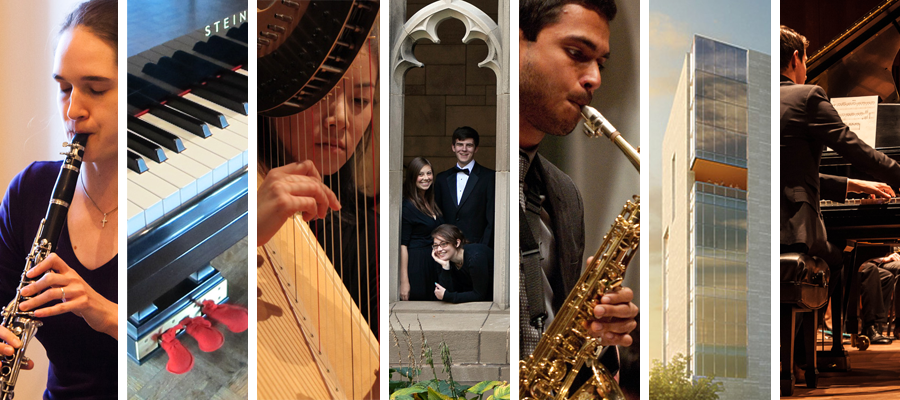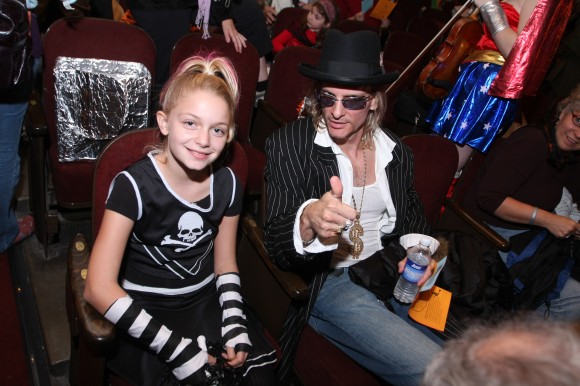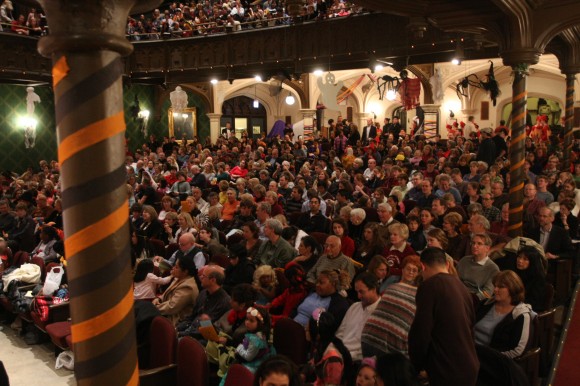This Saturday evening, mysterious figures will descend upon Mandel Hall for the University Symphony Orchestra Halloween concerts. Kids and their parents, UChicago students, faculty, and staff, and even the orchestra will dress festively. USO director and conductor Barbara Schubert, also in costume, will make her customary grand entrance, which is always kept secret right up until the first performance. The secrecy is apt.
Each year, Maestra Schubert designs the Halloween concerts around a specific whimsical and different theme, including “Dangerous Women,” “Witches of Yore,” and “Arabian Nights,” among many others. Whodunit is the mysterious theme of this year’s “CLASSIFIED” concert that will include interactive elements provided by the Hyde Park School of Dance and surprise guests. Cleverly titled, the purpose of the concert is the music! Saturday’s program will include classical repertoire alongside popular music arranged for symphonies. This year’s pop selections are from spy, thriller, and adventure films including Indiana Jones (which I’m personally very excited about), Psycho, James Bond, and others.
The program’s classical selection is Edward Elgar’s Enigma Variations, a suite of fourteen movements each titled with initials—except for the thirteenth, labeled “***.” There are two main enigmas, or mysteries, connected to the Variations composition. The first enigma pertains to the titular names of Elgar’s friends, which is a solved mystery. The second enigma is musical, and involves the assumed existence of a motif that runs counterpoint throughout the entire suite. This theme may not actually exist; it still remains a puzzle today.
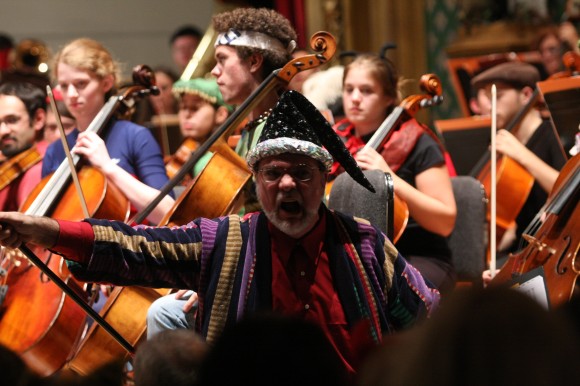
The Sorcerer’s Apprentice expresses his feelings about this unsolved mystery.
Programming these pieces together seems odd, at first. The genres derive from different worlds, however, the music ties into the overall “whodunit” concert theme. Thinking about the repertoire, I realize that the selections have more in common than they seem; they are all about mysterious people. Just like signatures, theme songs identify a person, and in this case, a movie or a specific character. For example, Raiders of the Lost Ark = Indiana Jones, James Bond = James Bond, and Psycho = Norman Bates … or that shower scene! Elgar’s Enigma Variations may also indirectly identify personal characteristics of its subjects, but there’s room for confusion, which adds to the mystery. Perhaps Elgar acknowledged his friends through specific musical phrases and only he knew who was associated with which motif. The composer allows us to come up with our own ideas about his friends and uncover their mysteries, so to speak, similar to movie soundtracks without visual aids.
This will be my first Halloween concert. I’m excited to “solve the mysteries” of the Variations and to solve the mystery of how I can enjoy them in a new way. I’ve played parts of the piece before on my cello, but this time I’ll get to sit back and think about each movement as a distinct theme song. I’m sure that Elgar’s Enigma Variations will appeal to those who love and appreciate classical music while the movie selections may appeal to people who may not listen specifically to symphonic music regularly. The beauty of the Halloween concert is featuring both styles together on the same program.
The annual USO Halloween concerts are also the perfect opportunity for those interested in music—or anyone interested in dressing up and having fun—to be exposed to new sights and sounds, or to hear music they already know in a different way.
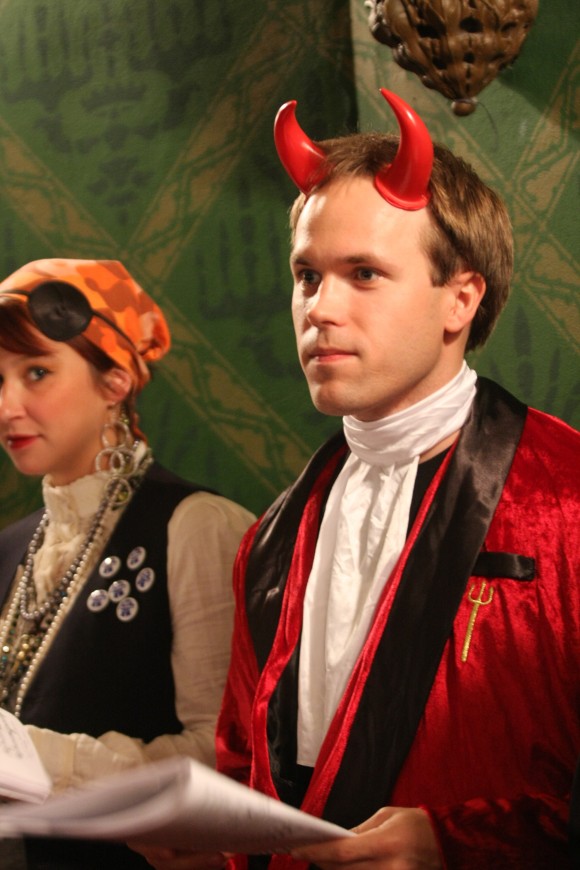
“Let loose, have a good time, and enjoy the music!” — Love, Two-eyed Wilhelmina and Steff, the Devil
The concerts will be this Saturday, October 25, in Mandel Hall at 7 PM and 9 PM. I expect it to be marvelous. My costume is also in progress. I’m thinking of going as a zombie bear.
Co-written by Phoebe Salzman-Cohen, an intern at the Department of Music and a fourth-year in the College, majoring in comparative literature.
